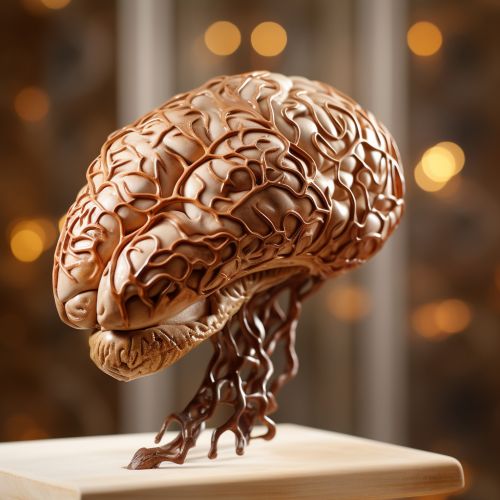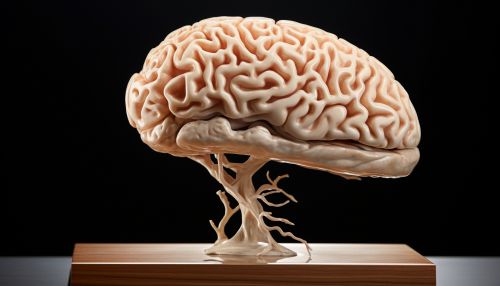Language of Thought Hypothesis
Introduction
The Language of Thought Hypothesis (LOTH) is a philosophical perspective arguing that thought and thinking take place in a mental language. Often referred to as Mentalese, this mental language hypothetically contains a series of representational systems that feature language-like structure. The LOTH suggests that thinking is done in a language-like format, proposing a direct analogy between semiotics of physical language and cognition.
Background
LOTH is a view developed by philosopher Jerry Fodor as an articulation of computational theory of mind. Computational theory of mind posits that the human mind or the brain functions as an information processor in a manner similar to computers. This perspective is often associated with other views in the philosophy of mind such as cognitive psychology, AI, and cognitive science.


Propositions of LOTH
LOTH is based on several propositions and assumptions about the nature of thought and cognition.
Proposition 1: Propositional Attitude Psychology
LOTH is committed to a version of propositional attitude psychology. Propositional attitudes are cognitive states which connect individuals with propositions. They are often expressed in the form of "S has an attitude A towards proposition P", where S is the subject, A is the attitude, and P is the proposition in question.
Proposition 2: Mental Representation
LOTH suggests that propositional attitudes are relations between subjects and mental representations. That is, thinking about something involves having a mental representation that corresponds to the thing in question.
Proposition 3: Computational Model of Thought
LOTH proposes that thinking is a computational process. In this view, mental processes (thinking, reasoning, decision-making) are computations similar to those found in a computer.
Proposition 4: Syntax and Semantics
LOTH assumes that mental representations have both a syntactic (structural) and semantic (meaningful) aspect. This is analogous to how words in a language have both a physical form (syntax) and a meaning (semantics).
Criticisms of LOTH
Despite its influence, LOTH has been the subject of various criticisms.
Criticism 1: Lack of Empirical Evidence
Critics argue that there is a lack of empirical evidence supporting LOTH. Some suggest that the hypothesis is untestable in principle, making it more of a metaphysical than a scientific hypothesis.
Criticism 2: The Problem of Translatability
Another criticism is the problem of translatability. If thoughts are indeed structured like a language, it would imply that every thought, or every possible thought, could be expressed in a language. However, many argue that not all thoughts can be expressed linguistically.
Criticism 3: The Problem of Consciousness
LOTH does not seem to account for the phenomenon of consciousness. Critics argue that conscious experience cannot be fully captured by the language-like structure that LOTH proposes.
